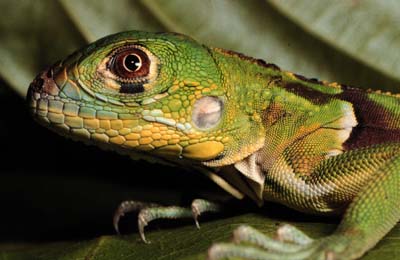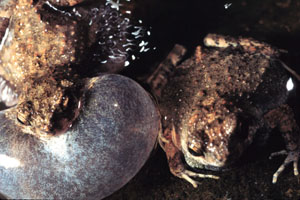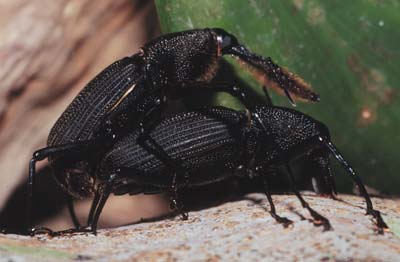![]() Animal Behavior
Animal Behavior
Animal Behavior
Spring Quarter 2003
|
Home
|
|
UPDATE: March 18, 2004: A somewhat different version of Animal Behavior will be offered in Spring of 2004, taught by the wonderful and talented Laura Howard, a visiting faculty member. Heather Heying will be teaching this again in Spring 2005.

|
What do animals do? Hibernate, forage, mate, form social groups, compete,
communicate, care for their young, and so much more.
How do animals achieve these things? With the tools of their physiology, anatomy, and, in some cases, culture. Why do animals do what they do? For reasons having to do with their particular ecology and evolutionary history. |
| In this program, we will be studying animal behavior from both a theoretical and
an empirical perspective. Students will be expected to engage some of the complex and often contradictory
scientific predictions and results that have been generated in this field, as well as undertake their own
independent research projects to be presented to the class at the end of the quarter.
Some of the topics that we will focus on include mating systems, territoriality, female mate choice, competition, communication, parental care, plant/animal interactions, and convergent evolution. Interested students should have a background in evolutionary and ecological theory, or be prepared to quickly "catch up" by reading several early chapters from the assigned books that we will not be going over in class. |
 |
 |
The books that we will be using in this program include:
|
| Faculty Name | Phone | Location | |
| Heather Heying | (360) 867-5535 | heyingh@evergreen.edu | Lab 1, room 3049 |